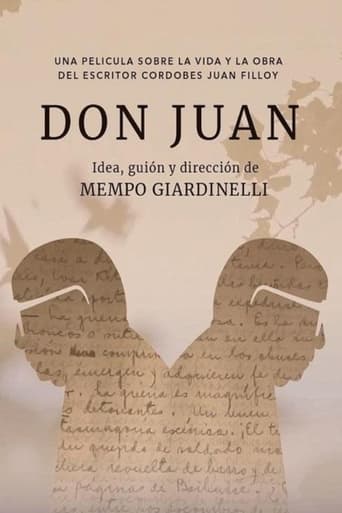
01 Jan 2019

Don Juan
Documentary that involves a tribute to the life and work of Juan Filloy, the writer of the three centuries.
A documentary on the "Slovak Solzhenitsyn" Rudolf Dobiáš (*1934), political prisoner during the Communist era.

01 Jan 2019

Documentary that involves a tribute to the life and work of Juan Filloy, the writer of the three centuries.
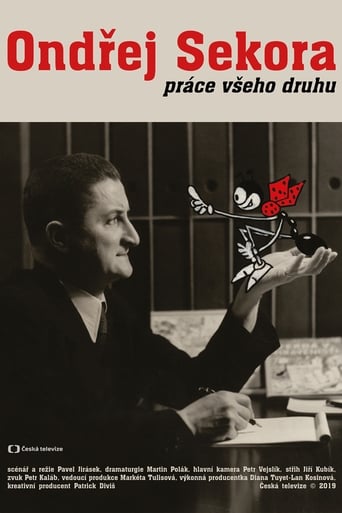
26 Sep 2019

No overview found
01 Jan 2002
No overview found
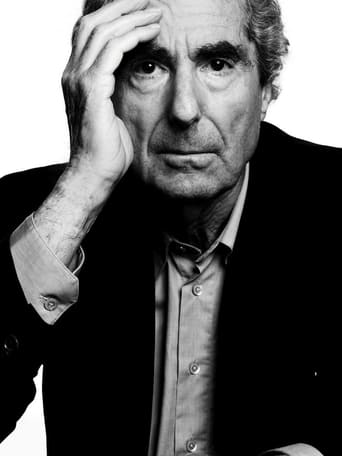
20 May 2014

After Portnoy's Complaint launched him as a new literary voice, not to mention a scandalous one, Philip Roth went on to be hailed by many as America's greatest living writer. Never afraid to look hard at the extremes of human experience, he has been both consistently controversial and intensely private. But now, having celebrated his 80th birthday in his home town of Newark, New Jersey, Roth, in conversation with Alan Yentob, is ready to tell the whole story in this special two-part film for imagine... Philip Roth Unleashed.
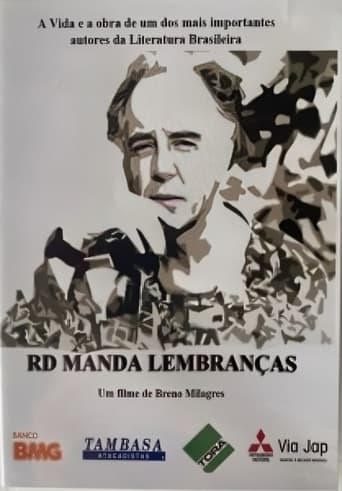
05 Feb 2013

No overview found
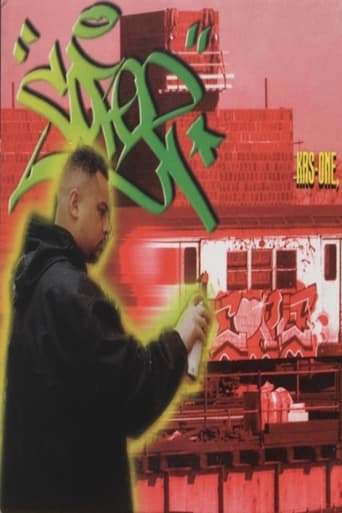
23 Jan 1999

NYC Graffiti Documentary "Kings Destroy" straight from the boogie down Bronx and right into your living room, with guest appearances by KRS-1, FAT JOE, CASE II, SEEN, and many more...
01 Jan 1954
No overview found
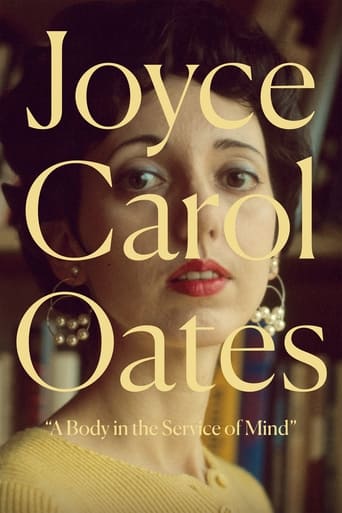
16 Sep 2022

Prolific writer Joyce Carol Oates has remained intensely private. Until now. Through a long-standing friendship, and persistent inquiry, director Stig Bjorkman is granted unprecedented access to document her mornings of longhand writing, her walks with her husband—to visit her within her solitude.
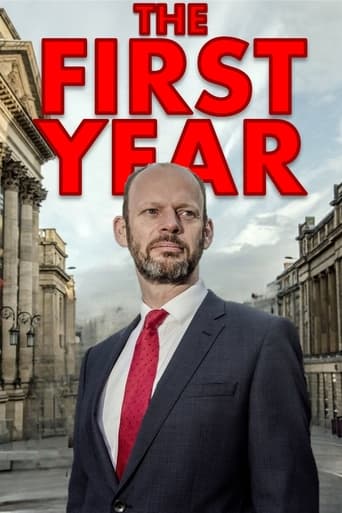
18 Nov 2021

The First Year tells the inside story of Jamie Driscoll’s first 12 months as the new North of Tyne Mayor.
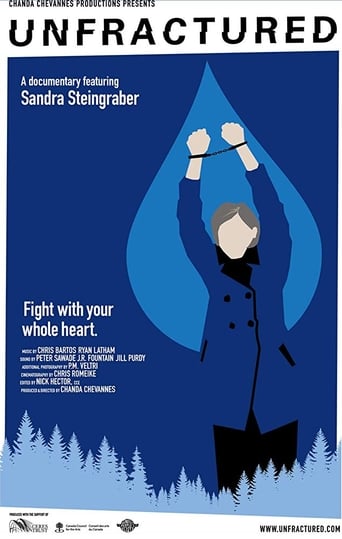
19 Oct 2017

Chanda Chevannes follows scientist Dr. Sandra Steingraber as she makes speeches against fracking and gets arrested protesting “the industrialization of the Finger Lakes.”

26 Sep 2025

One of the most controversial writers of our times, join Trainspotting author Irvine Welsh as he undergoes a remarkable trip to find new meaning in his work, life and legacy.
04 Dec 2019
No overview found

04 Jun 2008

The documentary story of Harlan Ellison
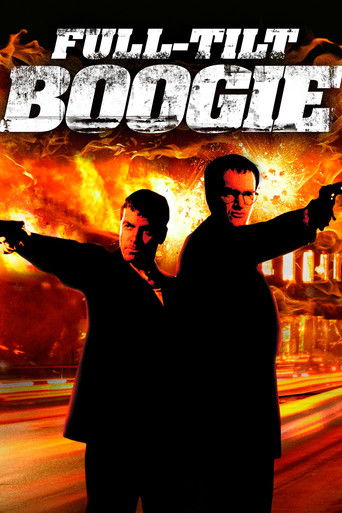
31 Jul 1998

A documentary about the production of From Dusk Till Dawn (1996) and the people who made it.

20 Dec 1974

Many times during his presidency, Lyndon B. Johnson said that ultimate victory in the Vietnam War depended upon the U.S. military winning the "hearts and minds" of the Vietnamese people. Filmmaker Peter Davis uses Johnson's phrase in an ironic context in this anti-war documentary, filmed and released while the Vietnam War was still under way, juxtaposing interviews with military figures like U.S. Army Chief of Staff William C. Westmoreland with shocking scenes of violence and brutality.
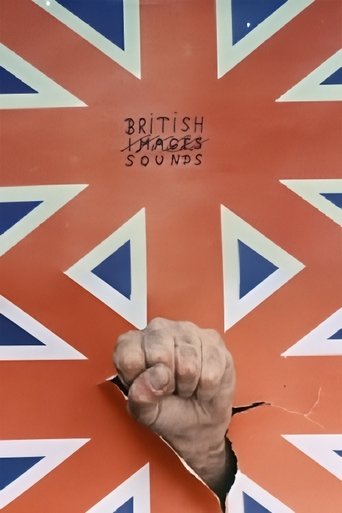
21 May 1970

Jean-Luc Godard brings his firebrand political cinema to the UK, exploring the revolutionary signals in late '60s British society. Constructed as a montage of various disconnected political acts (in line with Godard's then appropriation of Soviet director Dziga Vertov's agitprop techniques), it combines a diverse range of footage, from students discussing The Beatles to the production line at the MG factory in Oxfordshire, burnished with onscreen political sloganeering.

01 Mar 1987

Part documentary, part drama, this film presents the life and work of Jack Kerouac, an American writer with Québec roots who became one of the most important spokesmen for his generation. Intercut with archival footage, photographs and interviews, this film takes apart the heroic myth and even returns to the childhood of the author whose life and work contributed greatly to the cultural, sexual and social revolution of the 1960s.
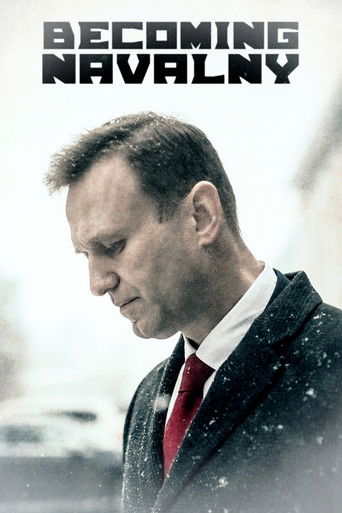
17 Feb 2024

A portrait of Alexei Navalny (1976), the staunchest opponent of Russian President Vladimir Putin, severely poisoned in 2020, arrested in 2021 and died on February 16, 2024 in a Siberian prison camp under unclear circumstances.

01 Jan 1984

In his lifetime, Thomas Merton was hailed as a prophet and censured for his outspoken social criticism. For nearly 27 years he was a monk of the austere Trappist order, where he became an eloquent spiritual writer and mystic as well as an anti-war advocate and witness to peace. Merton: A Film Biography provides the first comprehensive look at this remarkable 20th century religious philosopher who wrote, in addition to his immensely popular autobiography The Seven Storey Mountain, over 60 books on some of the most pressing social issues of our time, some of which are excerpted here. Merton offers an engaging profile of a man whose presence in the world touched millions of people and whose words and thoughts continue to have a profound impact and relevance today.

25 Jun 2004

Michael Moore's view on how the Bush administration allegedly used the tragic events on 9/11 to push forward its agenda for unjust wars in Afghanistan and Iraq.